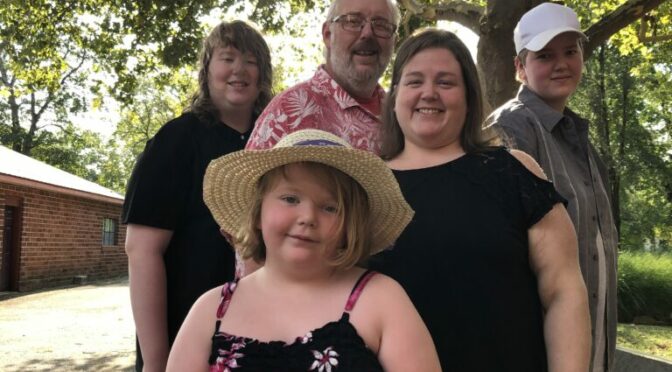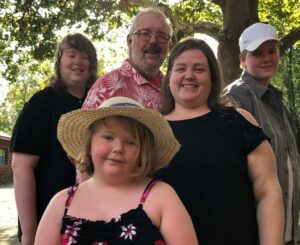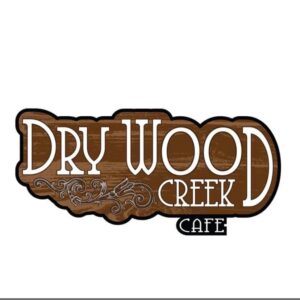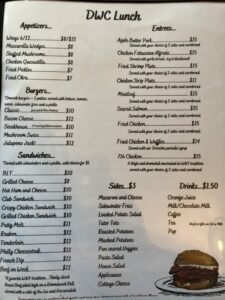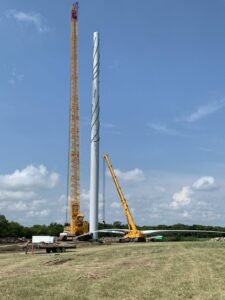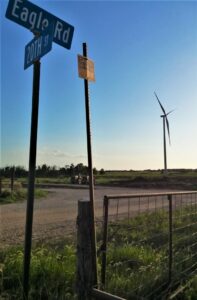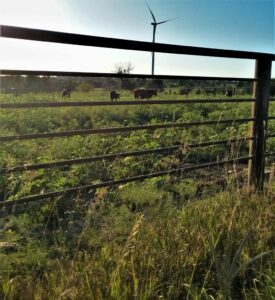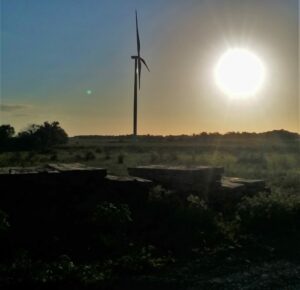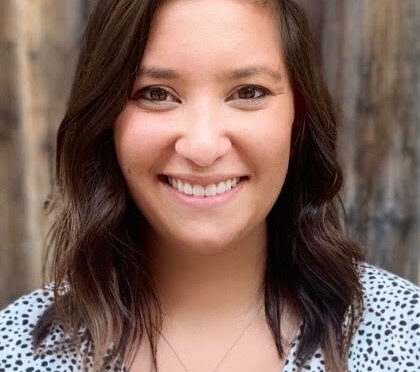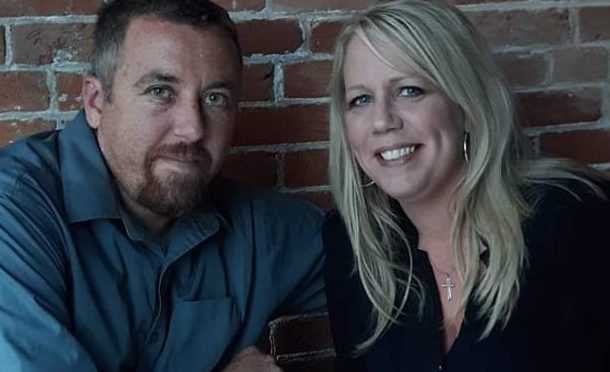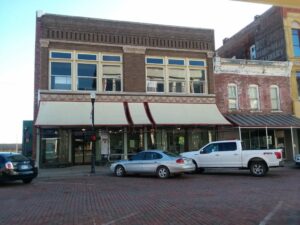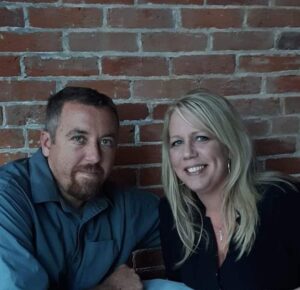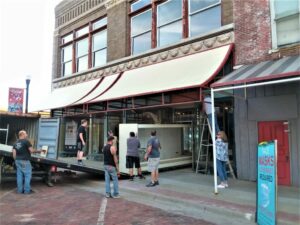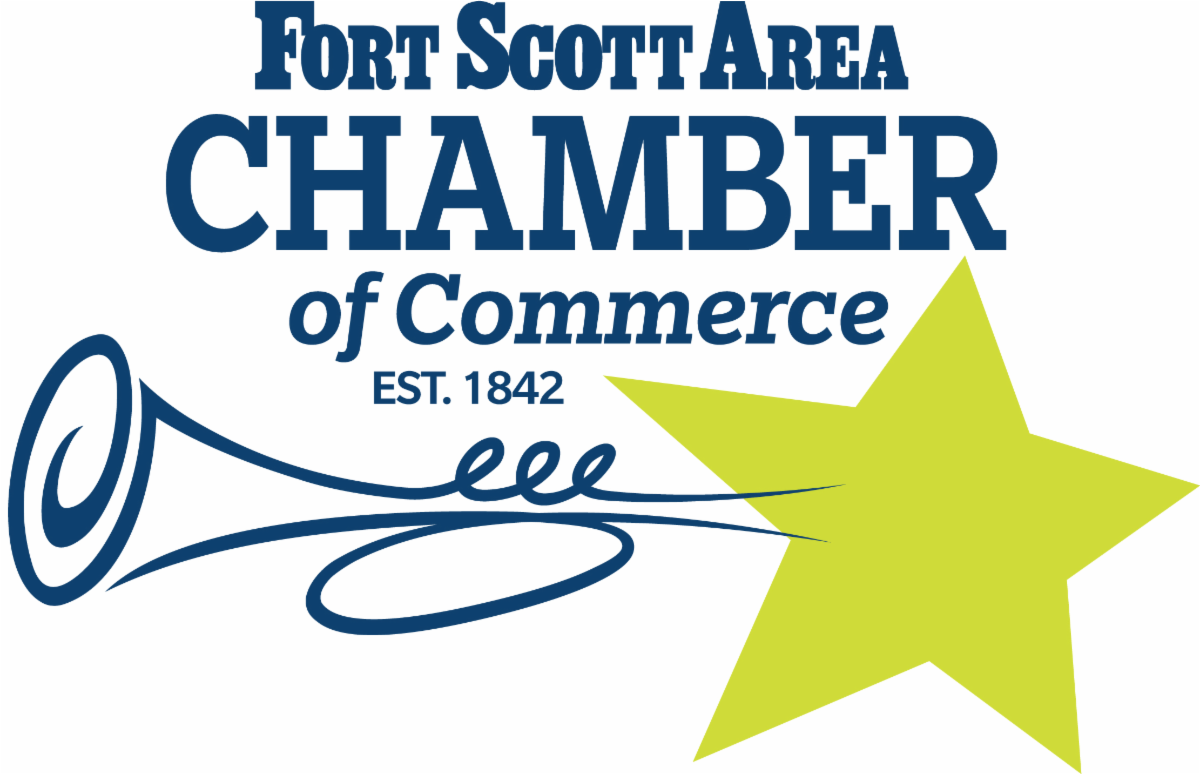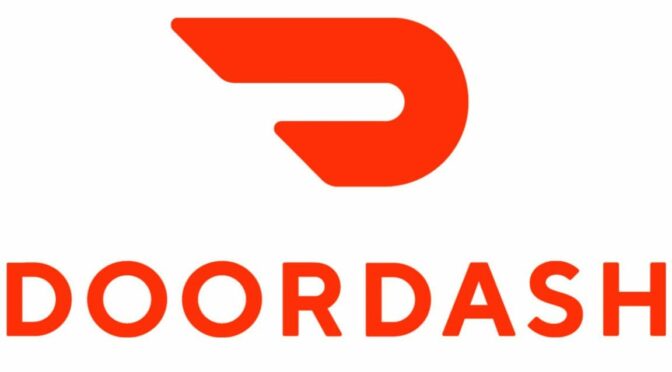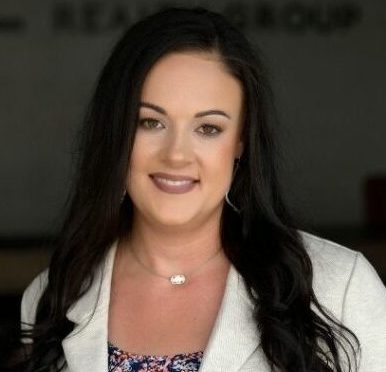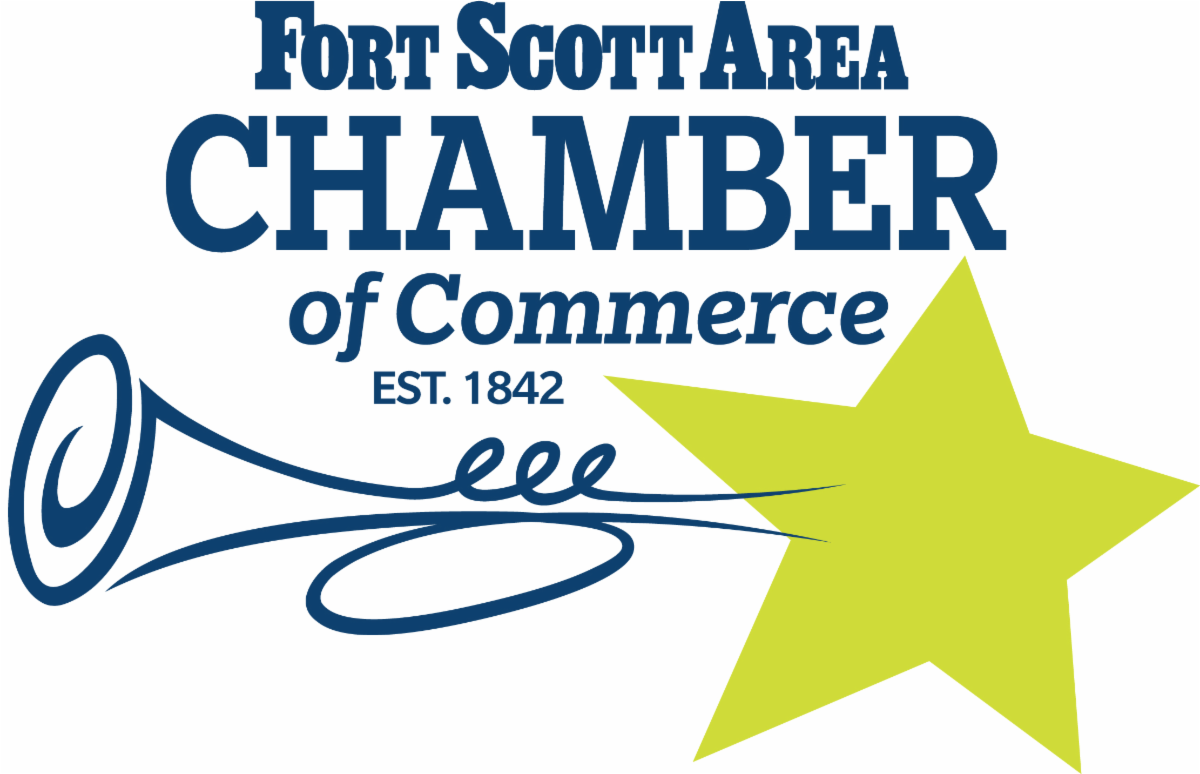Suddenlink, a local internet provider, got an update last week, looking to provide faster service.
“Suddenlink’s new 400 Mbps broadband service (announced on August 24) is more than eight times faster than the previous highest speed tier available,” Ashley Morales, Specialist Communication at Altice USA said.
“The new 400 Mbps speed tier paired with Suddenlink’s Smart WiFi 6, delivers a supercharged WiFi experience with faster speeds and greater coverage than ever before, including powering today’s uber-connected smart homes, streaming content, engaging in video conferences, downloading files, and playing games on connected devices,” she said.
“Additionally, broadband-only customers can complete their entertainment experience with Suddenlink Stream, the new streaming experience provides a best-in-class and user-friendly solution for broadband-only customers to have access to a wide variety of video content, including thousands of apps and streaming services on Google Play and over 50 free live streaming channels,” Morales said.
“Suddenlink Stream is typically $5, however, right now we’re offering the service free to 400 Mbps customers,” she said.
“This upgrade does not impact landline phone calls, however, it does support video calls or calls made over WiFi,” Morales said.
The following is a press release from Suddenlink provider Altice.
“Altice USA (NYSE: ATUS), the provider of Suddenlink broadband, television, and phone service, announced (last week) that as a result of major investments in its advanced broadband infrastructure, the company has launched faster speeds for Suddenlink residential customers in Fort Scott, Kansas. The company’s new 400 Mbps speed tier complements Suddenlink’s broadband offerings, which now include 200 Mbps and 100 Mbps service among other options, providing customers with choice and flexibility in selecting which broadband speed is right for them.
“Over the last few months, we have made major investments in our Suddenlink network and advanced broadband infrastructure to ensure we’re providing our local communities with fast and reliable high-speed broadband,” said Hakim Boubazine, Altice USA’s Chief Operating Officer and President of Telecommunications. “In today’s connected world, more households and businesses are relying on their broadband connection to keep them connected to work, school, customers, friends, and family, and our Suddenlink broadband service makes it all possible.”
The new speed tier is more than eight times faster than the highest speed previously offered by Suddenlink to customers in Fort Scott, Kansas and is paired with Suddenlink’s Smart WiFi 6 which delivers a supercharged WiFi experience with faster speeds and greater coverage than ever before. Smart WiFi 6 is primed to support customers’ increasing broadband usage, including powering today’s uber-connected smart homes, streaming content, engaging in video conferences, downloading files, and playing games on connected devices.
Altice USA offers a wide range of broadband speeds to meet all needs and budgets, including Altice Advantage Internet, a low-cost 30 Mbps service available to eligible customers for $14.99 per month, and going up to multi-gigabit services for enterprise customers. In addition, the company’s mobile service, Optimum Mobile, currently offers customers data, talk and text on a nationwide network with 5G coverage starting at just $14 per line per month. Visit Suddenlink.com to learn more.
About Altice USA
Altice USA is one of the largest broadband communications and video services providers in the United States, delivering broadband, video, mobile, proprietary content and advertising services to more than 5 million residential and business customers across 21 states through its Optimum and Suddenlink brands. The company operates a4, an advanced advertising and data business, which provides audience-based, multiscreen advertising solutions to local, regional and national businesses and advertising clients. Altice USA also offers hyper-local, national, international and business news through its News 12, Cheddar News and i24NEWS networks
|
Ashley Morales
Specialist, Communications
Altice USA |






